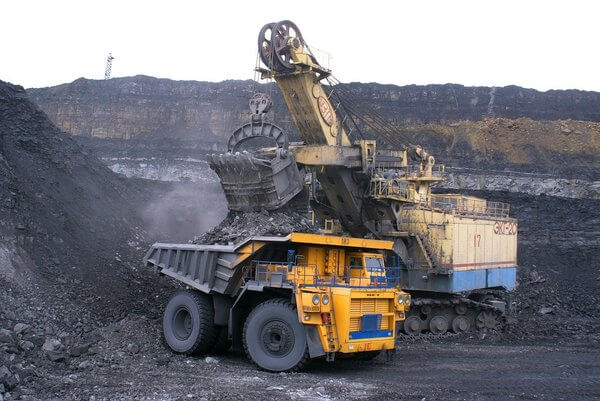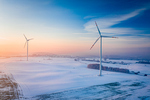News Release from windfair.net
Wind Industry Profile of
Power rationing as the new normal
The energy crisis is not new to South Africa: for years, the country has struggled with power outages - planned and unplanned. Planned power cuts - called 'load shedding' - have been happening in South Africa for many years. But the supply crisis is getting more serious, which is why SAWEA, the South African Wind Energy Association, is now publicly calling on the government to act.
"This is not a political agenda, our country is in crisis and it is time for our leaders to call on the real energy experts to devise strategic solutions to fix this ongoing problem. Let’s get the key stakeholders and experts to formulate the plan in consultation with Government, so that power producers can deliver what the country needs,” urges Niveshen Govender, CEO of SAWEA.
South Africa's energy supply is largely based on fossil fuels, primarily coal, which provided about 91 percent of its energy as recently as 2009. Since then, things have changed, with renewable energy plans being launched and government subsidies being issued. Nevertheless, the expansion of renewables has still not progressed as far as would be possible given the large resources available. This is mainly due to different interests of the respective governments: While South Africa was still one of the emerging wind energy markets in 2015, attracting investors from all over the world, by the end of the decade there was hardly anything left of it because a new government had put all subsidies on hold.
South Africa's electricity supply is heavily dependent on state-owned Eskom group, which is the world's seventh-largest power producer in terms of output. Corruption and a lack of investment in the country's infrastructure mean that remote regions are not reliably supplied. Money for urgently needed modernization is lacking.

Coal-fired power is still the largest source of energy in South Africa, although renewable energy capacity was supposed to be expanded to 18 GW, or 42% of total capacity, by 2030 (Image: Pixabay)
A 2019 cyclone has further exacerbated an already tight energy supply situation across the country. According to SAWEA, a total of 4000 megawatts of capacity is now missing. Instead, power is being cut off in certain regions for a planned few hours - a disaster for the people, a necessity according to Eskom: "We would like to remind the public that load shedding is only used as a last resort. This ensures that the national supply and the power grid remain functional," Andre de Ruyter, the group's chief executive, recently explained.
One way to close the electricity gap between generation and demand, which is the main cause of load shedding, would be to selectively expand renewable energy. Now the industry is hoping that plans to do so will be put in place: "The Wind sector stands ready to support the country by bringing on new generation capacity as quickly as possible – but the red tape must be managed or even removed for the purpose of addressing the energy crisis. Without our leaders, we can’t fix this problem. This is an emergency that is not only frustrating the public, crippling businesses and exacerbating job losses, but deepening our economic crisis on a macro level," SAWEA makes clear.
While President Cyril Ramaphosa recently addressed the issue in his State of the Nation address, there is no indication yet of any concrete strategic or even timetable plans. So South Africa's people will have to continue waiting.
- Author:
- Katrin Radtke
- Email:
- press@windfair.net
- Keywords:
- South Africa, load shedding, Eskom, electricity, infrastructure, government, investment, renewable energy, coal, fossil, energy, market























